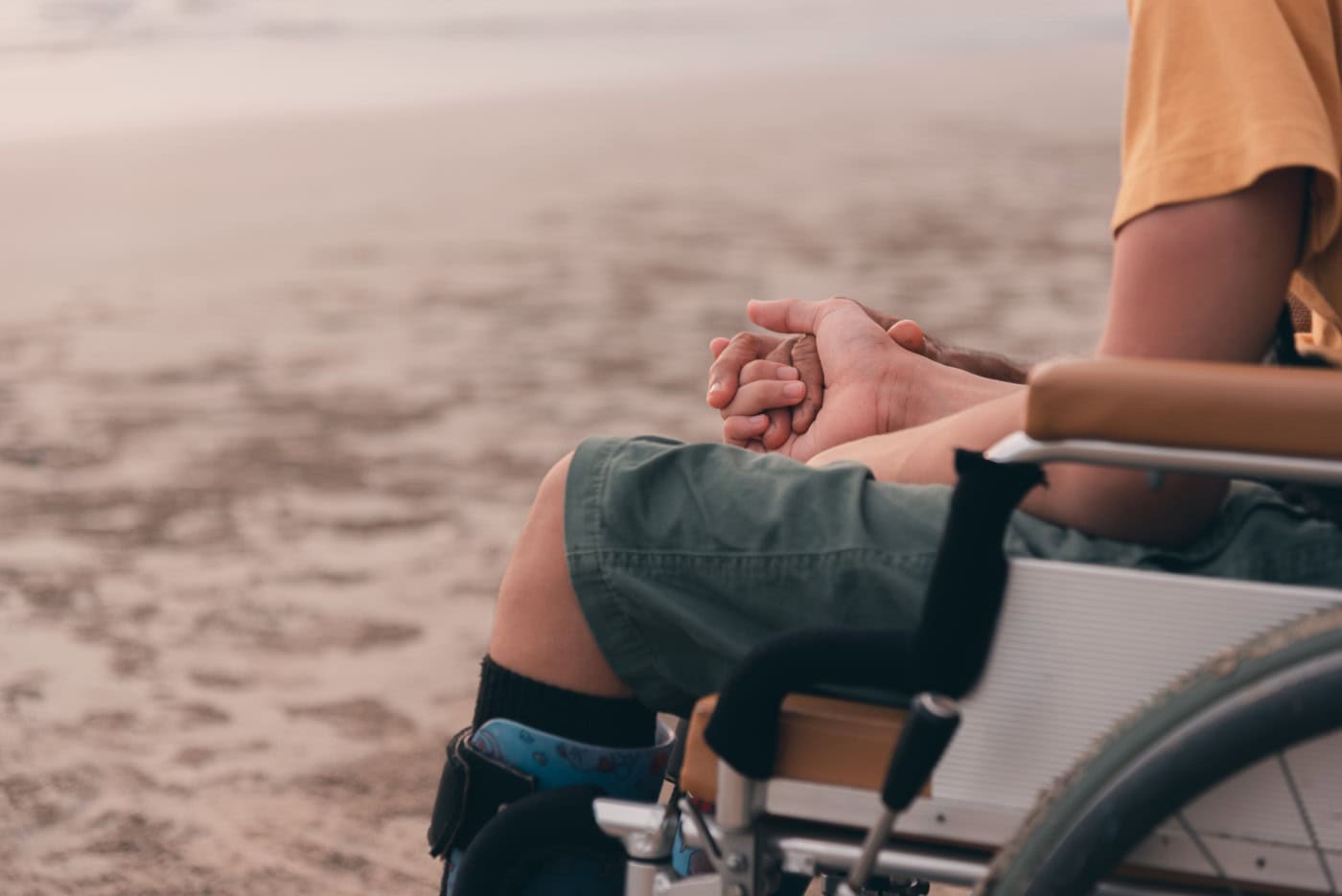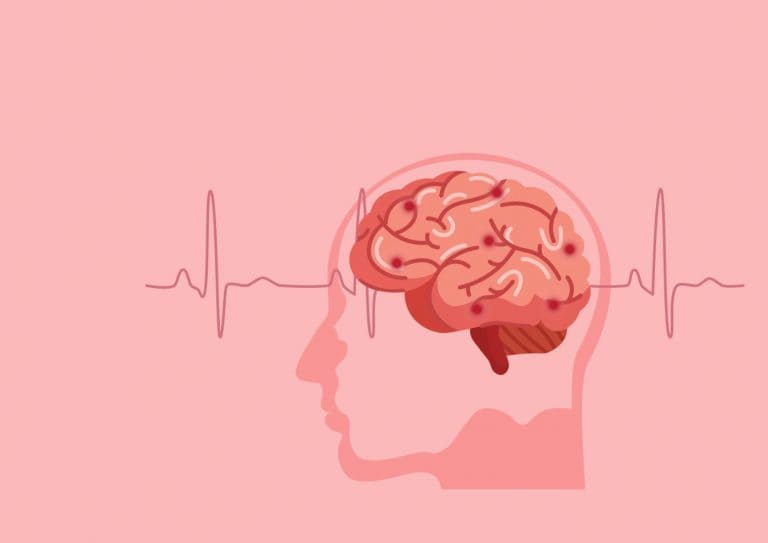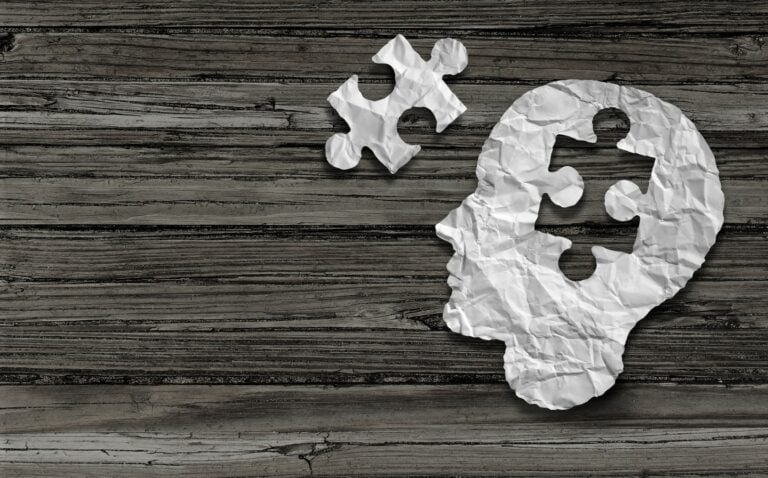Whether the errors were made during pregnancy, labour, birth or shortly after birth, negligent treatment could have terrible consequences for your baby. And birth injury compensation could be crucial to help you cope with the challenges ahead.
Bolt Burdon Kemp’s team of specialist child brain injury solicitors, led by Claudia Hillemand who is a member of the AvMA specialist clinical negligence panel, want to help you through this truly awful time and find answers to the many questions that parents ask after a child is seriously injured or tragically dies.
If you think the medical treatment you received when pregnant or in labour was below standard, then you may have a case for a birth injury compensation claim. Contact us now – birth injury claims for children can be funded by Legal Aid. Our team will work on a ‘no win, no fee’ basis where Legal Aid is not available.
If, as a mother you have suffered an injury during a difficult birth, we can also assist you in making a claim.
Types of birth injury
Childbirth can be a delicate process and injuries to both baby and mother are possible, Our birth injury malpractice lawyers are well-versed in handling these cases with the care and consideration required.
Brain damage
Brain damage in an infant can occur when:
- Infection from the mother spreads to the unborn child in the womb
- There is a lack of oxygen to the brain
- The blood supply to part of the brain is cut off and the baby suffers a stroke
- The inappropriate use of forceps causes a brain haemorrhage
Cerebral palsy is one type of brain injury – it is a lifelong neurological condition that affects muscle control and movement. One of the causes of cerebral palsy is a lack of oxygen to the brain.
Tragically, sometimes medical professionals make mistakes during pregnancy, labour and birth which can result in brain damage to your baby.
For example:
- If you are suffering from an infection and you and your unborn child are not monitored and provided with appropriate treatment, then the infection could spread to the baby in the womb, making him/her even more vulnerable to injury
- If there is any failure or delay in picking up on signs that your baby is in distress in labour, then there can be a delay in delivering the baby. During this delay, the baby may be deprived of oxygen, causing brain damage
Our specialist solicitors understand your worries. Your child may face expensive medical treatment and therapy costs, and the prospect of having to give up work to care for your baby. Birth injury compensation can help fund specialist treatment, therapy, and care, not just now but in your – and your child’s – future.
If you have experienced something like this, please get in touch with us now – the costs of fighting your child’s birth injury claim could be met by Legal Aid. Where Legal Aid is not available, our team will work on a ‘no win, no fee’ basis. And if you’d like more information on brain damage, or need to get in touch with a specialist cerebral palsy charity, please visit our partner support organisations page.
Skull and head injury
Injuries can occur to a baby’s head and scalp when the forceps or ventouse – a vacuum suction attached to the baby’s head – are used to help deliver the baby. The use of forceps can also cause brain haemorrhages.
Nerve injury
Some infants delivered by forceps can also suffer damage to their facial nerves. This can cause the face to fall on one side or the muscles to be paralysed in the eye, forehead or mouth.
Tragically, when the spinal cord is damaged during birth infants usually pass away. Those who do survive are weak and often suffer with other medical conditions.
Another condition that can occur is Erb’s palsy – where paralysis of the arm arises when the nerves in the upper group of the arm’s main nerves are injured.
Injuries and fractures
Other injuries and conditions which can happen to the baby during birth, include:
- Fractures to arms, collarbone, skull – these can happen in the delivery process
- Scalpel injuries – sometimes caused during Caesarean section
- Cervical cord injury
- Facial palsy
- Internal bleeding – this may happen during a difficult birth
- Jaundice – newborn babies often suffer with jaundice which causes yellowing to skin and the whites of the eyes, but it usually gets better without treatment. However, it can sometimes be an indicator of an underlying problem and if untreated, can lead to brain damage
- Hypoglycaemia (low blood sugar) – this is sometimes found in premature babies, and infants who have contracted an infection, had breathing difficulties at birth or have had hypothermia. In some cases it can lead to brain damage
Stillbirth and neonatal death
There is nothing worse for a parent than losing a child. We know that no amount of compensation will ever be enough make up for the loss of a child and to ease your grief at this time – but we hope that bringing a claim may stop further infant deaths or birth injuries that could have been prevented.
Specialist solicitors at Bolt Burdon Kemp are highly experienced in handling claims from parents who have had to go through the trauma of stillbirth or the tragic loss of a child shortly after birth.
Our solicitors will work closely with you to support you at this deeply sad and distressing time, providing practical and emotional support and exceptional legal advice. They will sensitively help you find out why your child passed away.
Birth injury, the next steps
We will fight tirelessly to get answers to your questions about the treatment you and your baby received.
Children are precious and as a parent, you will want to provide your child with the best possible treatment and care. We understand that you will need funds to pay for essential equipment, therapy, adaptations to your home and specialist professional care for your child.
We focus on helping your child receive specialist rehabilitation at the earliest possible opportunity when it has the greatest potential to improve your child’s outcome, rather than after the conclusion of the claim.
Please get in touch if think your child may have suffered a birth injury due to medical negligence.



















